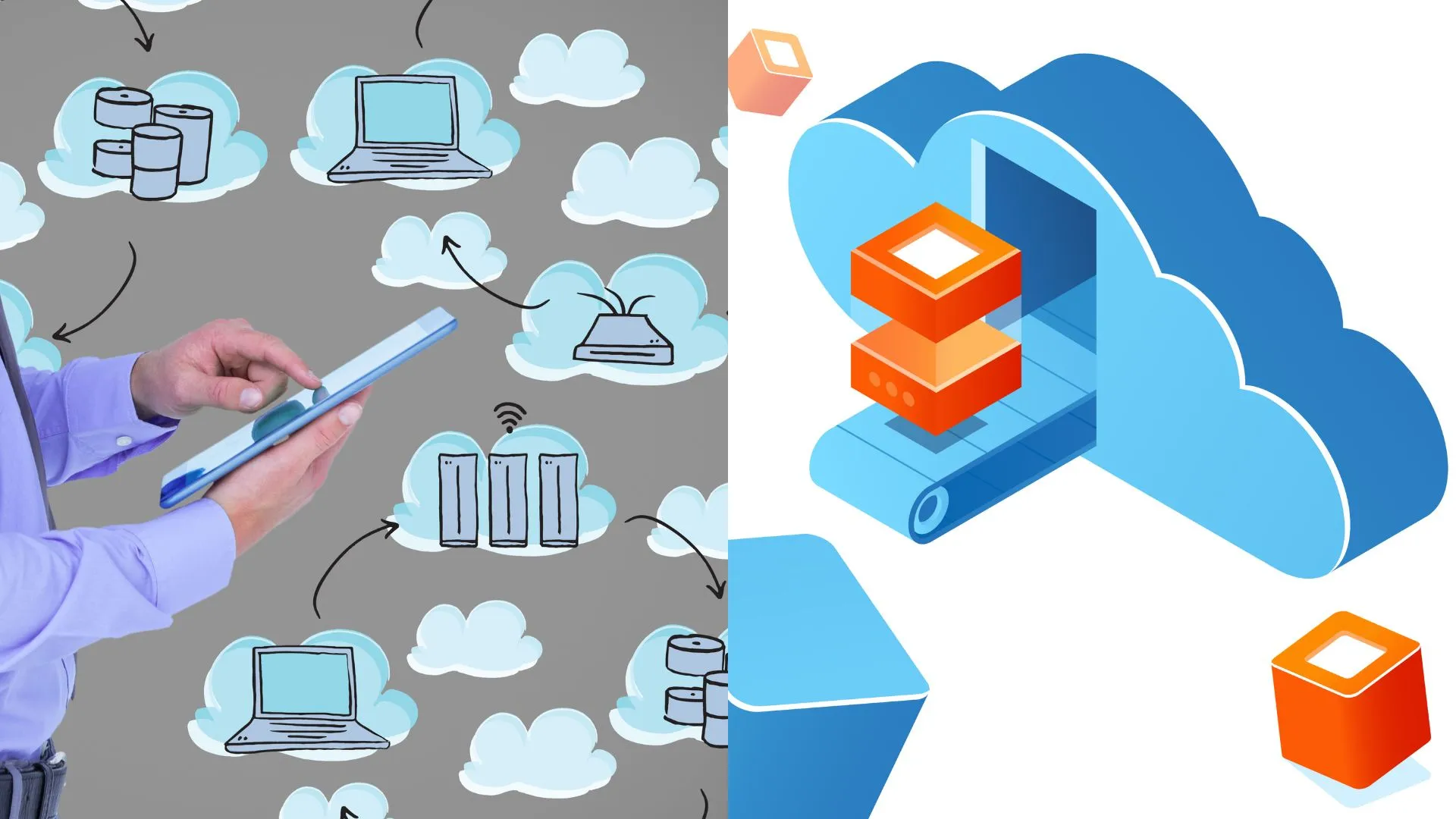As more enterprises adopt cloud computing, to choose the right provider is essential for scalability, security and efficient operations. Here we shall discuss about top cloud computing solutions for enterprises like Amazon Web Services (AWS), Microsoft Azure, Google Cloud Platform (GCP) and IBM Cloud. These are also known as Cloud based applications and each of them is known for enterprise grade features and offers unique strengths.
Cloud Computing Solutions for Enterprises:
Following are some of the most reputed cloud solution providers. We shall discuss about their features, pros and cons etc.
1. Amazon Web Services (AWS)
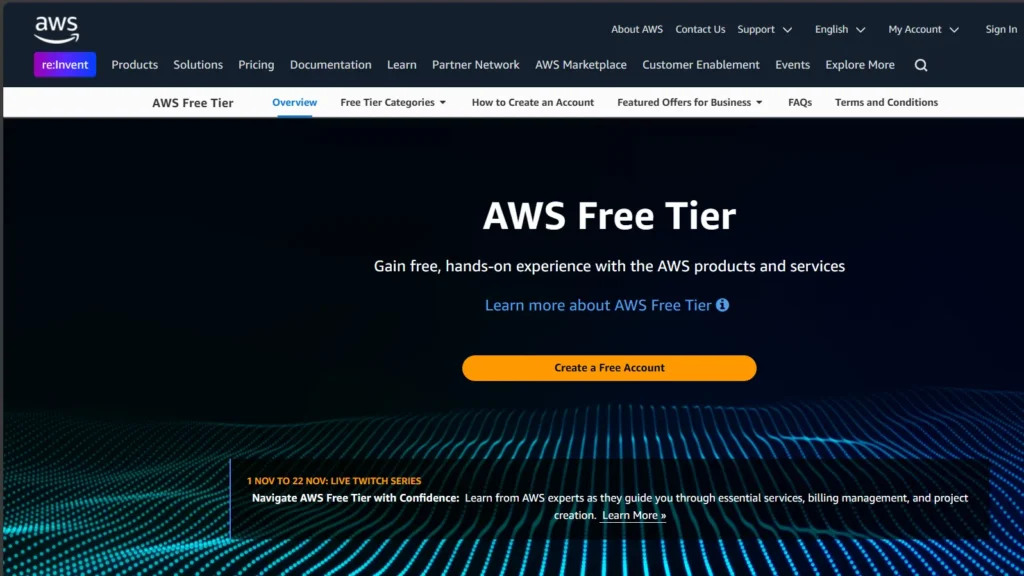
AWS, the most mature cloud provider, has a comprehensive set of offerings and a global presence.
– Strengths: Known for an extensive range of services, high flexibility and broad infrastructure. AWS offers services like EC2 for compute power, S3 for storage and specialized tools like AWS Lambda for serverless computing.
– Best For: Large enterprises who need versatile tools for computing, storage, machine learning and IoT. AWS supports rapid scalability and is widely adopted by financial and tech industries.
– Security & Compliance: Strong security with many compliance certifications, such as GDPR, HIPAA and SOC. AWS offers granular access controls, multi factor authentication and dedicated cloud security resources.
– Cost: Flexible pricing options including pay-as-you-go, reserved instances and savings plans. AWS also offers a cost calculator to estimate expenses.
2. Microsoft Azure
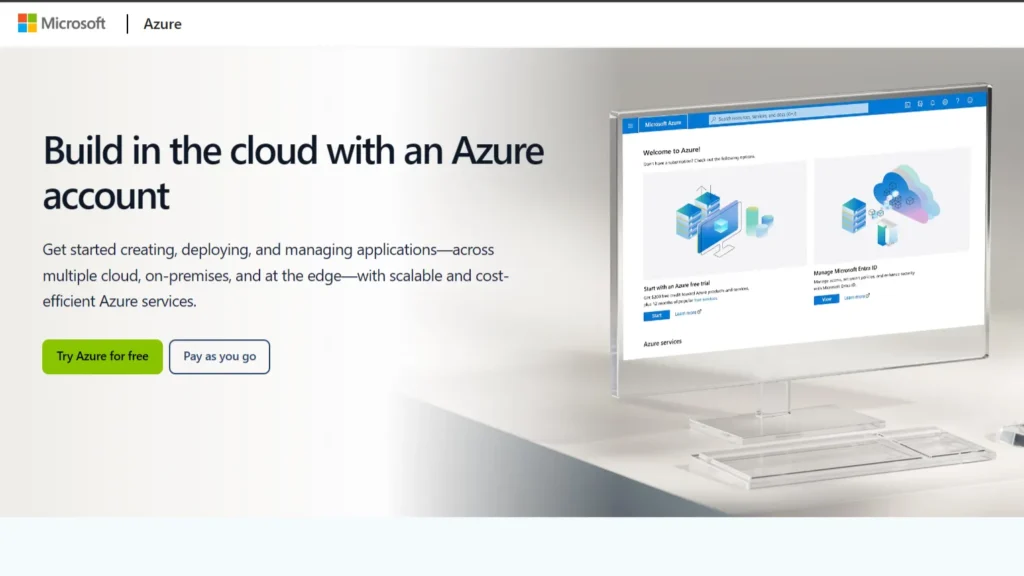
Azure is favored by enterprises with existing Microsoft environments. This offers seamless integration with Microsoft products like Windows Server, Office 365 and SQL Server.
– Strengths: Azure provides hybrid cloud solutions, which allows enterprises to run their infrastructure on premises and in the cloud. With Azure Stack, companies can easily move workloads between environments.
– Best For: Enterprises with extensive Windows and Microsoft software environments. It is particularly popular in finance, government and healthcare sectors due to its hybrid capabilities.
– Security & Compliance: Advanced security with enterprise level identity solutions like Azure Active Directory and compliance with over 90 certifications globally. Azure’s strong security features include Security Center and Azure Sentinel for proactive threat management, with built in identity and access management (IAM) etc.
– Cost: Competitive pricing with options for pay-as-you-go, reserved instances and hybrid benefits for Windows Server licenses.
3. Google Cloud Platform (GCP)
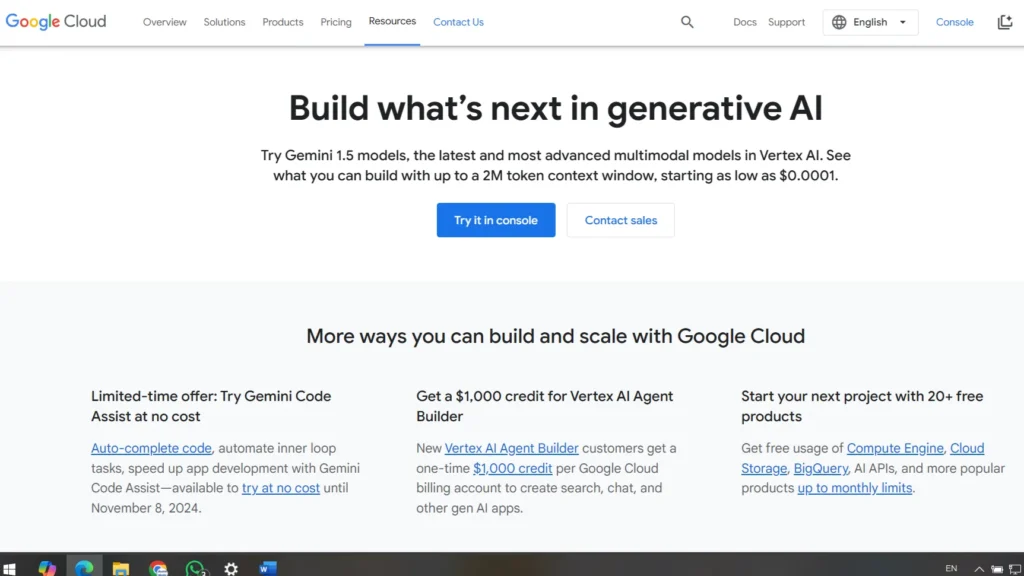
Google Cloud Platform is a leader in data analytics, artificial intelligence (AI) and machine learning (ML). With a strong infrastructure it is suited for data-centric enterprises.
– Strengths: Notable for its powerful data tools like BigQuery, a managed data warehouse for fast SQL queries and TensorFlow for machine learning. GCP’s high performance compute and storage capabilities make it ideal for big data applications.
– Best For: Enterprises that rely on data analytics, AI, and ML solutions, especially those who need advanced tools for data driven information. Google Kubernetes Engine (GKE) is a standout for container orchestration.
– Security & Compliance: Google emphasizes zero trust security, encryption by default, and strong identity and access management. It complies with key regulations like GDPR and PCI DSS, supporting highly regulated industries.
– Cost: Transparent pricing models with sustained use discounts, committed use contracts and a free tier for certain services.
4. IBM Cloud
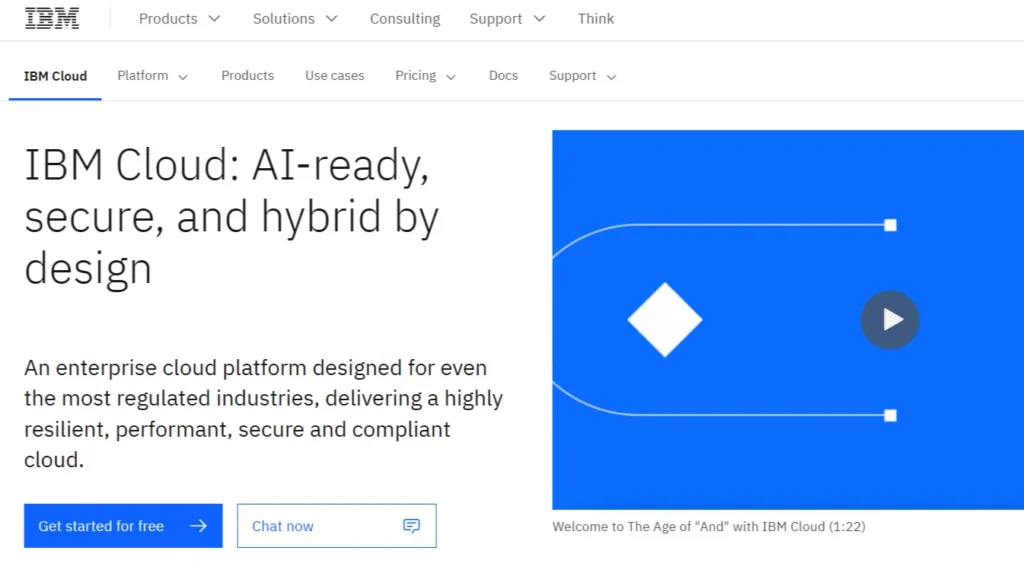
IBM Cloud specializes in hybrid cloud and AI driven solutions, which benefits from IBM’s history in the enterprise IT space.
– Strengths: Known for strong AI integration (e.g., IBM Watson) and extensive support for hybrid cloud environments. IBM Cloud is designed for high security industries, which includes finance and healthcare.
– Best For: Enterprises focused on hybrid cloud or advanced AI solutions. It is also popular among companies with legacy IT infrastructures who want to modernize without full cloud migration.
– Security & Compliance: Strong security features, particularly for sensitive industries, with compliance standards like GDPR, HIPAA, and FISMA. IBM also offers unique security tools like the IBM Cloud Hyper Protect Crypto Services for data protection.
Key Comparisons
| Feature | AWS | Azure | GCP | IBM Cloud |
| Best For | Flexible, scalable environments | Microsoft integration, hybrid | Data analytics, AI, ML | AI, hybrid, regulated industries |
| Top Services | EC2, Lambda, S3 | Azure Stack, Active Directory | BigQuery, TensorFlow | Watson, Blockchain |
| Strength | Wide service variety, global reach | Hybrid options, Microsoft tools | Advanced data tools | Security for finance, healthcare |
| Compliance | SOC, HIPAA, GDPR | 90+ certifications | GDPR, PCI DSS | GDPR, HIPAA, FISMA |
Conclusion
Choosing the best cloud solution for your enterprise depends on your industry needs, existing infrastructure and specific use cases. AWS provides unmatched flexibility, Azure integrates well with Microsoft products, GCP leads in data analytics and IBM Cloud excels in AI and hybrid solutions.
By evaluating these criteria, enterprises can choose the cloud provider that best suits with their strategic goals and operational requirements. For most enterprises, a combination of these providers may deliver the stronger and suitable solution.
Disclaimer: The websites mentioned above might evolve over time. Always refer to the website and their official documentation for the most accurate and updated information as well as latest offerings, plans and prices etc.

